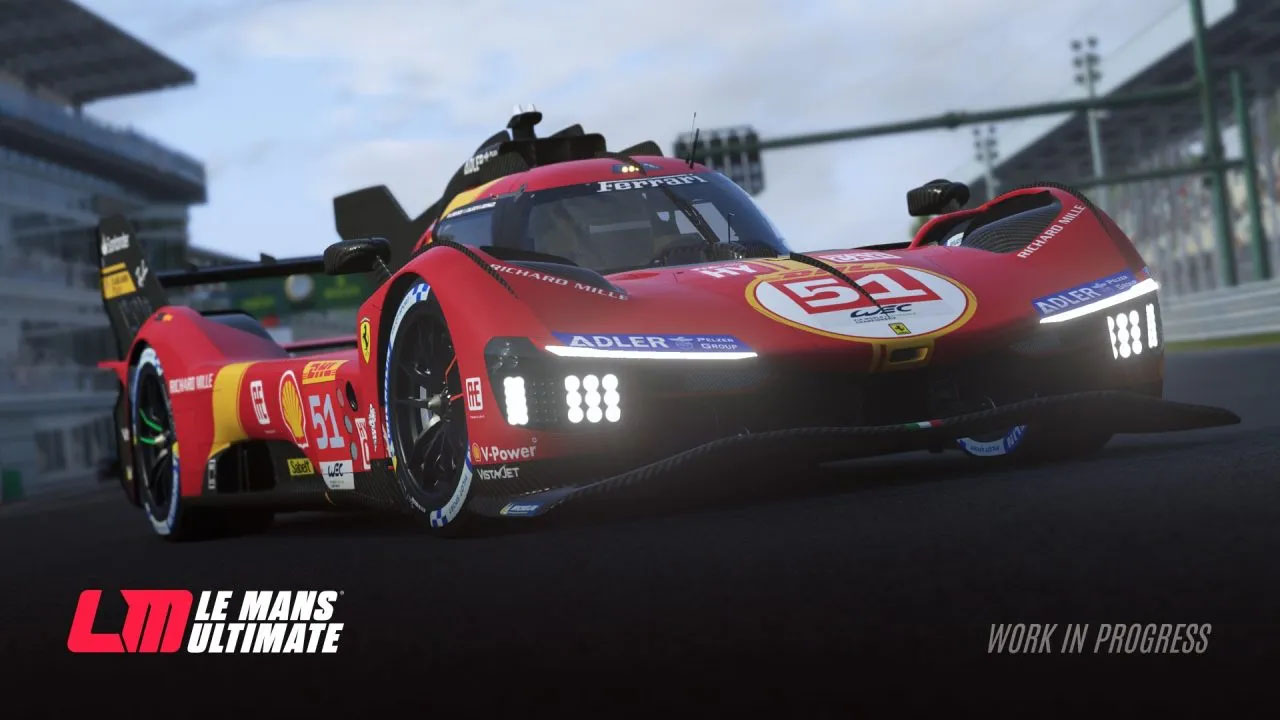In this beginner’s guide, we’ll cover the basics of racing WEC cars and mastering the racing line, while also addressing factors like weather changes, tire degradation, and avoiding crashes.
Understanding WEC cars:
Before hitting the track, familiarize yourself with the car you’ll be racing. Study its specifications, including engine power, weight distribution, aerodynamics, and braking capabilities. Each car handles differently, so knowing your vehicle’s strengths and weaknesses is crucial.
Learning the Racing Line:
The racing line is the optimal path around a circuit that allows you to maintain speed and control through corners. Mastering the racing line involves three key elements:
- Braking Points: Identify the points on the track where you need to brake before entering a corner. Brake in a straight line to maximize effectiveness and stability.
- Apexes: The apex is the innermost point of a corner. Aim to hit the apex precisely to maintain speed and reduce the distance traveled.
- Corner Exit: After reaching the apex, gradually accelerate and track out towards the outer edge of the circuit. This allows you to carry speed onto the following straight.
Adjusting for Weather Changes:
- Weather conditions can significantly impact track grip and handling. Be prepared to adapt your driving style accordingly:
- Rain: In wet conditions, reduce speed, increase braking distances, and smooth out your inputs to prevent wheelspin and loss of control.
- Dry: In dry conditions, push harder but remain mindful of tire wear and track conditions. Adjust tire pressures and suspension settings as needed.
Managing Tire Degradation:
Tire wear is a critical factor in endurance racing. To minimize degradation and maintain performance:
- Smooth Driving: Avoid aggressive inputs like harsh braking or rapid acceleration, as these can accelerate tire wear.
- Consistent Pace: Maintain a steady pace throughout your stint rather than pushing beyond the tire’s capabilities early on.
- Pit Strategy: Monitor tire wear and plan pit stops accordingly. Fresh tires can provide a significant performance advantage.
Avoiding Crashes:
While racing competitively, safety should always be a priority. To minimize the risk of crashes:
- Awareness: Keep an eye on your surroundings, including other cars, track conditions, and potential hazards.
- Defensive Driving: Anticipate the actions of other drivers and be prepared to react defensively to avoid collisions.
- Information: Use the HUD to stay informed about traffic and potential dangers on the track.
By mastering these fundamentals of endurance racing, you’ll be well-equipped to navigate the track with precision, adapt to changing conditions, and compete safely and competitively in endurance races. Remember to practice regularly, analyze your performance, and continue honing your skills to reach the pinnacle of WEC racing success.


